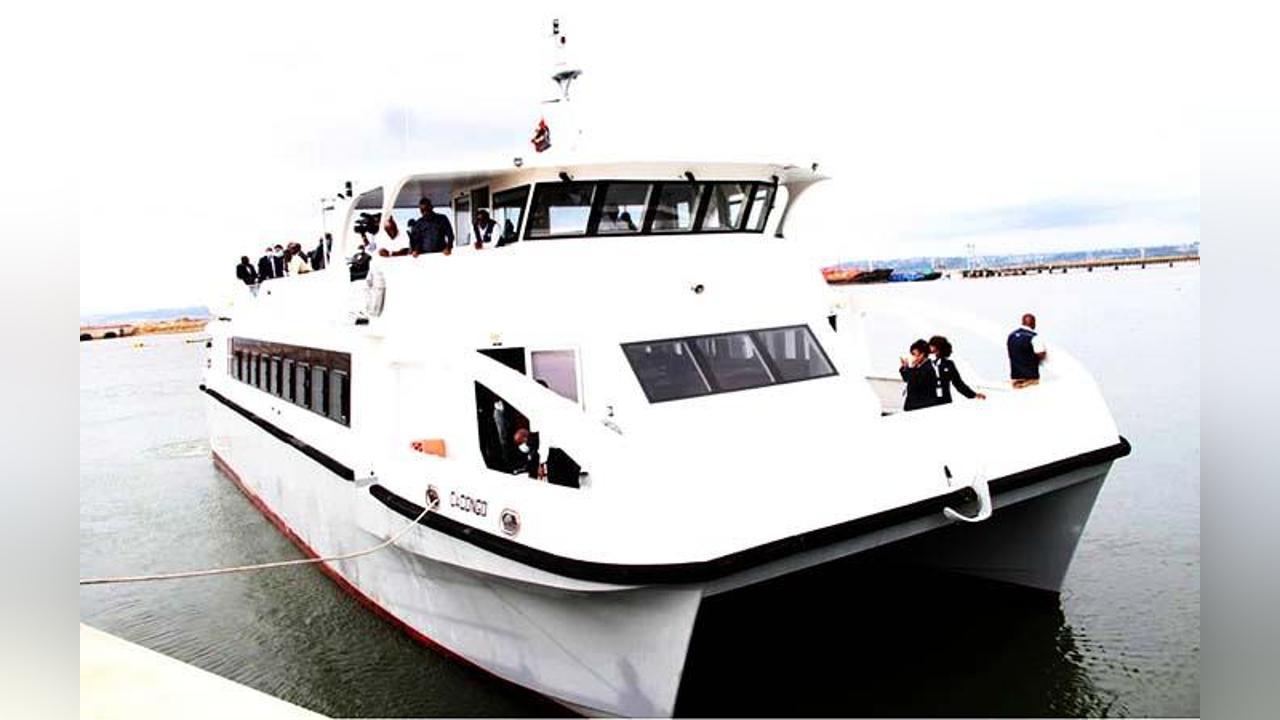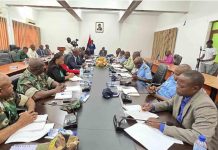Africa-Press – Angola. The coordinator of the management committee of the company Secil Marítima, João Martins, stated, Tuesday, in Soyo, Zaire province, that his firm will make routes to the south of the country viable in the near future.
Speaking to the press, the manager said that this challenge could be achieved this year, if a new barge is managed to be acquired, explaining that, in the first phase, the company intends to serve only the cargo segment.
He explained that transporting passengers to the south of the country and vice versa will only be possible with the construction of terminals in the coastal provinces of that southern region of the country.
It should be noted that Secil Marítima resumed northern cabotage, on the Luanda/Soyo/Cabinda routes and vice versa, in April 2022, with the entry into operation of the Soyo River Passenger and Cargo Terminal, and a year later, the Cabinda Maritime Passenger Terminal.
Statistical data, shows that from April 2022 to December 2023, Secil Marítima carried out 844 trips on the aforementioned routes, with the Soyo/Cabinda route being the busiest, with 641 trips.
During this period, 106 thousand passengers and more than three thousand and 400 tons of cargo were transported.
In northern cabotage, Secil Marítima operates with six passenger ships, two of which are stationed in Soyo and another four in Luanda, and a Cabinda Ferry Boat, the latter for the transport of cargo.
Readjustment of the regulatory framework for National Cabotage
Participants in the 5th Round Table of the Association of Ports of Angola (APANG), which took place on Tuesday, in the city of Soyo, defended the need to readjust the regulatory framework for national cabotage to market demands.
The event that addressed the issue of national cabotage also encouraged the private sector to invest heavily in the sector, as well as defending the extension of Northern Cabotage to the municipalities of Nóqui and Nzeto and the commune of Pedra do Feitiço (Soyo), province of Zaire.
According to the meeting’s statement, those involved in this event also advocated the need to acquire barge-type vessels and apply more severe measures to discipline and discourage non-navigable vessels that disregard the limits and restrictions imposed by law.
The extinction of the Kimbumba river border post, located in the municipality of Soyo, Zaire province, in compliance with conventions for the transport of people and goods, was also suggested.
The meeting that took place under the motto “National Cabotage and its impact on the economy” highlighted the training of Angolan personnel in the maritime domain as an urgent need.
The event was attended by the presidents of the Boards of Directors of Port Companies in the country, executive and non-executive directors, industry technicians, those responsible for APANG, the National Maritime Agency (AMN), Secil Marítima and guests.
For More News And Analysis About Angola Follow Africa-Press






